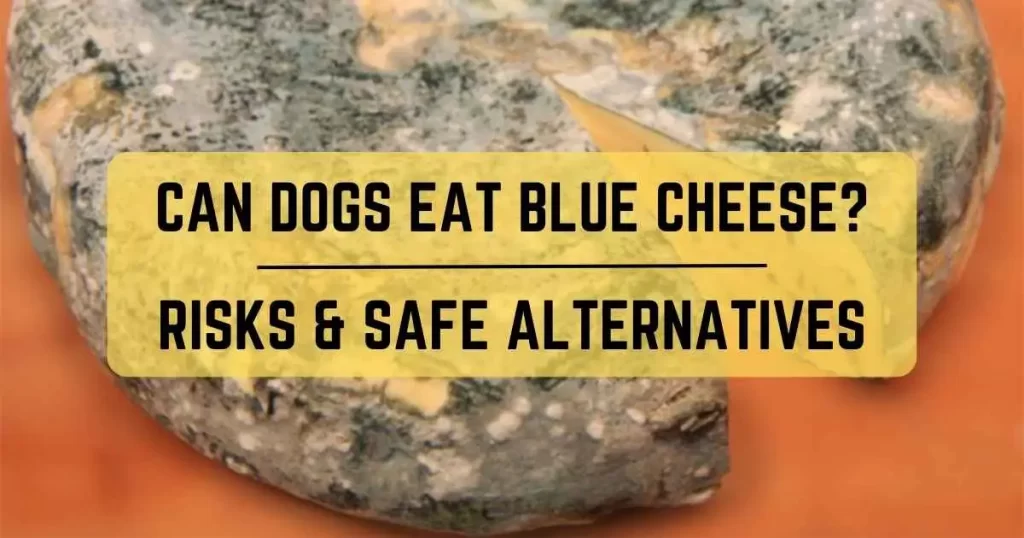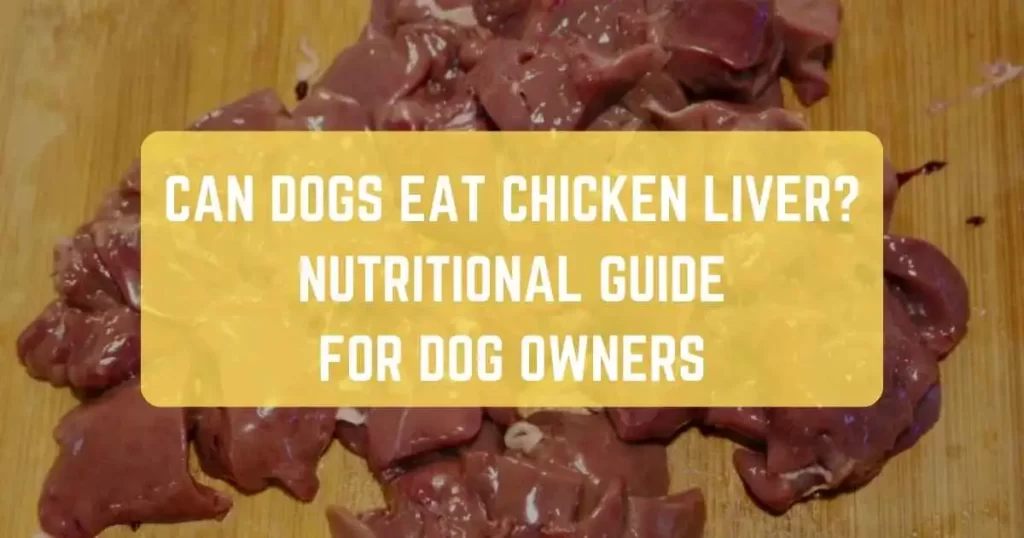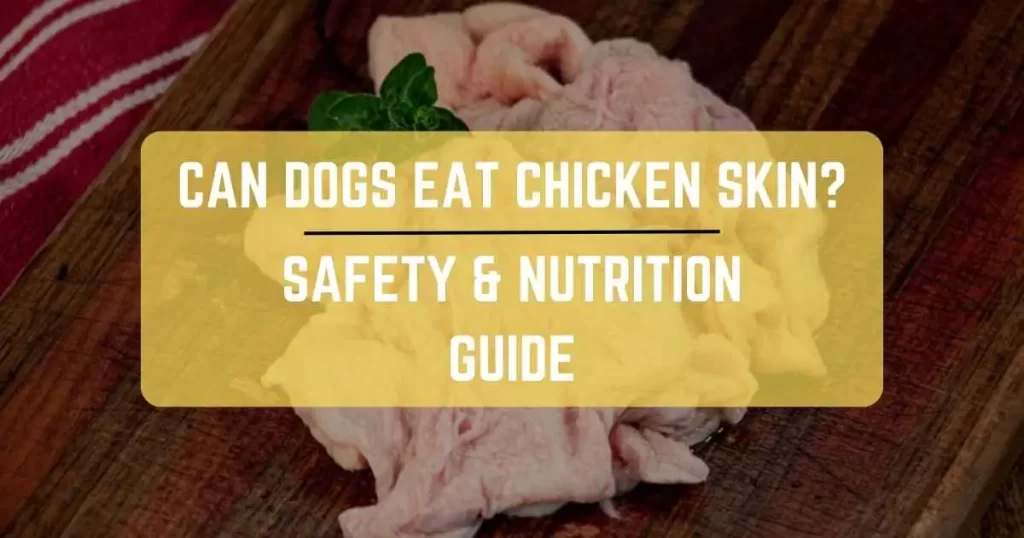
Cheese, with its wide variety of flavors and textures, is undeniably a beloved human food. But when it comes to our furry friends, like dogs, it’s essential to consider their safety and well-being before sharing our favorite snacks. So, can dogs eat blue cheese?
Let’s delve into the topic and explore the various aspects surrounding cheese consumption for dogs.
Can Dogs Eat Blue Cheese?
No, dogs should not eat blue cheese. Blue cheeses, such as Stilton, Gorgonzola, or Roquefort, contain a fungus that produces a substance called Roquefortine C, which can be toxic to dogs. Feeding blue cheese to dogs can pose potential health risks and should be avoided to ensure their well-being.
It’s best to choose dog-friendly alternatives and consult with a veterinarian for safe and suitable food options for your canine companion.
Types of Cheese and Their Suitability for Dogs
When it comes to sharing cheese with your canine companion, it’s crucial to consider the different types of cheese and their suitability for dogs.
While some cheeses can be safe and even beneficial for dogs, others may pose risks to their health. Here are some key types of cheese and their suitability for dogs:
- Cheddar Cheese: Cheddar cheese is generally safe for dogs in moderation. It contains protein and essential fatty acids, providing some nutritional benefits. However, it’s important to consider the fat and sodium content, so feeding small quantities is recommended.
- Cottage Cheese: Cottage cheese is a dog-friendly cheese option. It is low in lactose and high in protein, making it a suitable choice for dogs. It can be a healthy addition to their diet, but always ensure it’s plain and free from any added seasonings or flavorings.
- Cream Cheese: Cream cheese can be given to dogs in small amounts. However, it’s essential to choose low-fat and low-sodium varieties. Cream cheese should be an occasional treat rather than a regular part of their diet.
- Other Cheese Types: It’s important to assess each type of cheese individually before feeding it to dogs. Some cheeses, like Swiss or mozzarella, can be given in small amounts. However, always consider the lactose content, fat content, and any added ingredients that may not be suitable for dogs.
Remember, when introducing any new food to your dog’s diet, it’s advisable to start with small quantities and monitor their response. If you have any concerns or questions about specific cheese types, consult with your vet for personalized guidance.
Is Blue Cheese Bad for Dogs to Eat?
Yes, blue cheese is bad for dogs to eat. Blue cheeses, such as Stilton, Gorgonzola, or Roquefort, contain a fungus involved in their production that produces a substance called Roquefortine C.
This substance can be toxic to dogs, potentially causing illness and harm to their health. It is important to avoid feeding blue cheese to dogs and opt for safer alternatives that are suitable for their consumption.
Risks of Feeding Blue Cheese to Dogs
Feeding blue cheese to dogs can pose several risks to their health and well-being. It’s important to be aware of these potential dangers before considering giving your dog blue cheese as a treat.
Here are some key risks associated with feeding blue cheese to dogs:
- Toxicity: Blue cheese contains a fungus involved in its production that produces a substance called Roquefortine C. This substance can be toxic to dogs, potentially leading to illness and adverse reactions.
- Upset Stomach: Blue cheese can cause stomach upset in dogs, resulting in symptoms such as diarrhea, vomiting, or abdominal discomfort.
- High Fat Content: Blue cheese is typically high in fat, which can be challenging for dogs to digest. Excessive consumption of high-fat foods may lead to pancreatitis, a potentially serious condition.
- Lactose Intolerance: Dogs are often lactose intolerant, meaning they lack the necessary enzymes to digest lactose, a sugar found in milk-based products like cheese. Blue cheese, like other dairy products, can exacerbate this intolerance and lead to digestive issues.
- Sodium Content: Blue cheese, especially varieties with added salt, can be high in sodium. Excessive sodium intake can be harmful to dogs, potentially causing issues like dehydration and electrolyte imbalances.
Given these risks, it’s advisable to avoid feeding your dog blue cheese. Instead, opt for dog-friendly alternatives that are safe and suitable for their consumption.
Always consult with your veterinarian for personalized advice and guidance regarding your dog’s diet and any concerns you may have.
Evaluating the Benefits of Blue Cheese for Dogs
Despite the risks associated with certain types of cheese, there are also potential benefits to consider. Cheese contains protein, essential fatty acids, and B-complex vitamins, which can be beneficial for dogs.
However, it’s crucial to choose dog-friendly alternatives to blue cheese that are lower in fat and sodium content to ensure your pet’s well-being.
Exploring Dog-Friendly Alternatives to Blue Cheese
To provide your furry friend with a safe and healthy treat, there are plenty of dog-friendly alternatives to blue cheese available. Cottage cheese, for example, is a great option as it is low in lactose and high in protein. Cream cheese can also be given in moderation, but it’s important to choose varieties that are low in fat and sodium.
Roquefortine C: A Factor to Consider with Blue Cheese
The substance called roquefortine found in blue cheese, is a crucial consideration when it comes to your dog’s well-being. It’s worth noting that Roquefortine C is also found in other foods and can be present in overripe or moldy items.
To keep your dog safe, always make sure to store food properly and prevent access to potentially harmful substances.
The Rind: Is it Safe for Dogs to Consume?
When it comes to the rind of cheeses, caution should be exercised. While some rinds, like those found on certain types of cheese, can be consumed safely by dogs, others may pose a risk.
It’s best to avoid feeding your dog the rind unless you have confirmed with your veterinarian that it is safe for their consumption.
Final Thoughts
In conclusion, while cheese can be a tempting treat to share with our dogs, it’s crucial to consider their safety and well-being. Blue cheese, with its high-fat content and the potential presence of the toxin Roquefortine C, should be avoided. Instead, opt for dog-friendly alternatives cheese or consult with your veterinarian for specific recommendations.
Remember, when it comes to your pet’s health, always seek professional veterinary advice and prioritize their safety above all else.









